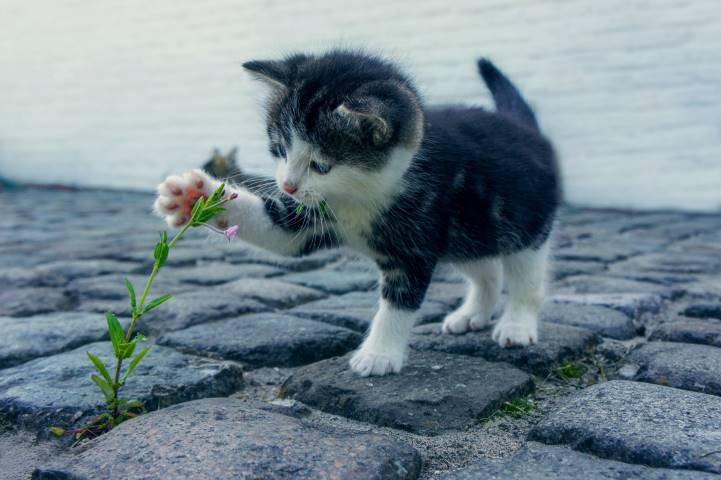Why do good people die young

Death is a part of life that everyone must face, but it can be particularly difficult when good people die young. It’s a common question that has been asked throughout history, why do the best among us seem to die young? From the deaths of artists like Jimi Hendrix and Tupac Shakur to young activists like Martin Luther King Jr. and Malala Yousafzai, it can be hard to understand why people who have so much to offer the world are taken from us too soon. In this article, we will explore the many reasons why good people die young.
Genetics and Hereditary Diseases:
One of the reasons why good people die young is because of genetics and hereditary diseases. Sometimes, people are born with a genetic predisposition to certain illnesses or diseases, and despite their best efforts, they may not be able to overcome them. Diseases like cystic fibrosis, Huntington’s disease, and sickle cell anemia are examples of conditions that can shorten a person’s life expectancy.
Accidents and Injuries:
Another reason why good people die young is due to accidents and injuries. Life is unpredictable, and accidents can happen at any time. Car accidents, falls, and sports injuries are just a few examples of the many ways that people can sustain serious injuries. These injuries can be fatal, even to young and healthy individuals.
Environmental Factors:
Environmental factors can also play a role in why good people die young. Exposure to toxins, pollutants, and other environmental hazards can increase a person’s risk of developing serious illnesses like cancer. In some cases, people may not even be aware that they have been exposed until it’s too late.

Lifestyle Choices:
The choices that people make throughout their lives can also affect their life expectancy. Smoking, excessive drinking, drug use, and poor nutrition are just a few examples of lifestyle choices that can contribute to premature death. These habits can cause a variety of health problems, including heart disease, stroke, and cancer.
Stress and Mental Health:
Stress and mental health issues can also contribute to premature death. People who experience chronic stress may be more susceptible to heart disease, stroke, and other illnesses. Mental health issues like depression and anxiety can also have a negative impact on a person’s physical health and well-being.
Natural Disasters:
Natural disasters can also be a factor in premature death. Earthquakes, floods, hurricanes, and other natural disasters can cause widespread damage and claim many lives. Even in areas where these events are not common, they can still occur unexpectedly, resulting in the loss of many lives.
Crime and Violence:
Crime and violence are also factors that can contribute to premature death. In some areas, people may be more likely to experience violence, whether it’s from gang activity or other criminal behavior. This can result in tragic and unexpected deaths, even for people who are not involved in criminal activity themselves.
Lack of Access to Healthcare:
In some cases, a lack of access to healthcare can contribute to premature death. People who live in poverty or in areas where healthcare is not readily available may not receive the care they need to manage chronic health conditions or receive preventative care. This can lead to serious health problems that could have been prevented with proper medical attention.
Chance:
Sometimes, there is no rhyme or reason to why good people die young. It can simply be a matter of chance. A person may be in the wrong place at the wrong time or be struck by an illness or disease that is completely unexpected. In these cases, there may be no explanation for why a person’s life was cut short.
Legacy:
Finally, one reason why good people die young is because of the legacy they leave behind. Sometimes, the impact that a person